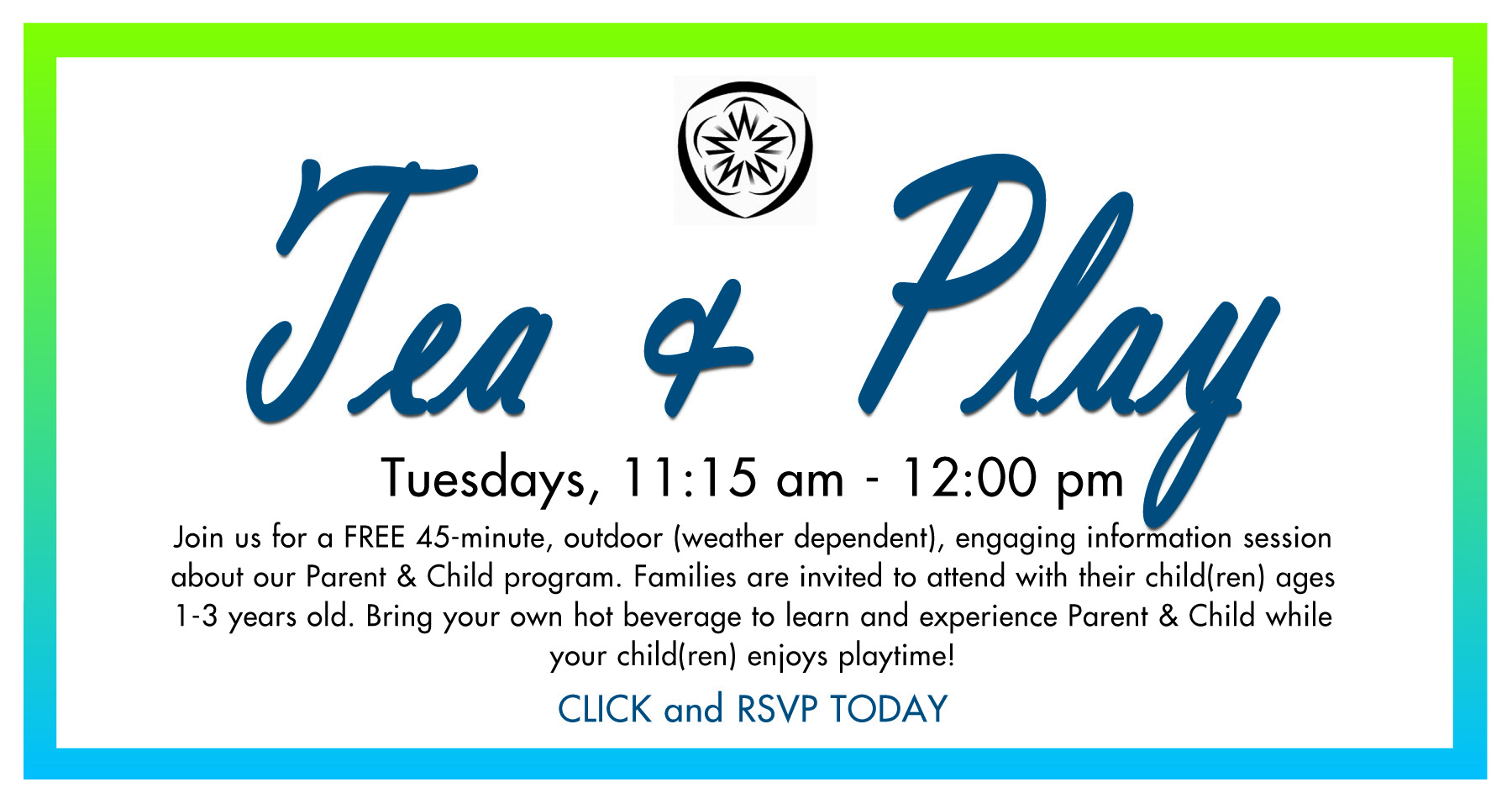Washington Post Article Affirms Waldorf Approach
A recent article in the Washington Post affirms what the Waldorf School of Garden City has known for decades—that play serves an important cognitive and emotional function for early childhood development.
Our early childhood programs emphasize self-directed creative play because it has been considered the characteristic mode of behavior of the young child, an expression of the natural spirit of childhood and thus a key defining feature of childhood. There is broad agreement amongst theorists coming from a range of disciplinary backgrounds that play makes an important contribution to children’s development.
The conceptualization of play as childhood right has been enshrined within the United Nations Convention on the Rights of the Child (UNCRC) since 1989. More recently, chronic play deprivation, particularly during the period between birth and seven years, has been linked to impaired brain development, lack of social skills, depression and aggression. A recent study from Ireland documented accountings of children’s play priorities which are remarkably aligned with play opportunities in our Early Childhood classrooms.
| Main category | Illustrative examples |
|---|---|
| Movement | Opportunities for expansive movement, speed
Opportunities for practicing newly acquired physical skills (sometimes alone) Transporting self or materials using vehicles and tools Moving in and out, indoors to outdoors to indoors |
| Vertical expansiveness | Being high up (on slopes, steps, raised platforms, climbing equipment, trees and slides)
Sights and sounds overhead |
| Finding and constructing small spaces | Small spaces to be:
with friends in small groups to be apart from the crowd to observe at a distance to hide, or be enclosed |
| Transformation | Multi-sensory exploration of nature elements (especially water)
Finding loose parts, transforming physical environment with loose parts House building |
| Direct contact with animals, insects and plant life | Time to observe animals, insects, plant life
Support by adults to name, to understand, to touch, to care for animal and plant life |
| Social experiences | Playing with friends, affiliation and co-operation
Significant adults being involved in playful interaction and shared interest in discoveries. |
Children’s intrinsic motivation to play, whatever the social context or available materials, has always been, and continues to be, a key influencing factor in providing for play in our Early Childhood programs. However, play is included in curricula not just because children like to play, but also for its voluntary and experiential features (and) its importance for identity formation, expression and social learning.
